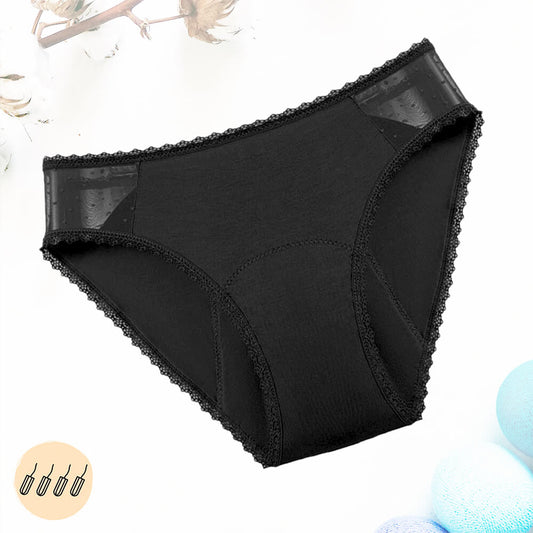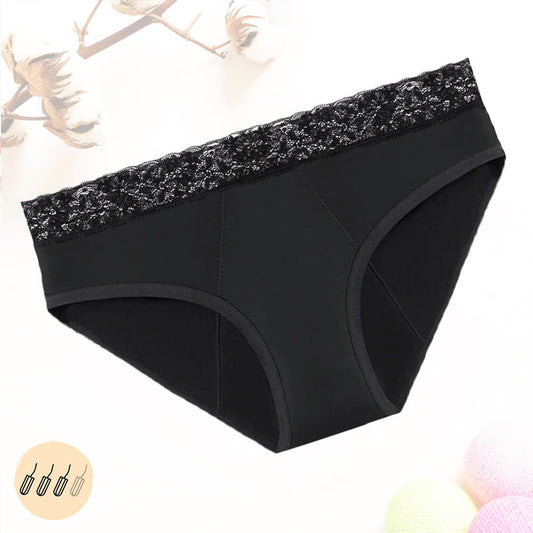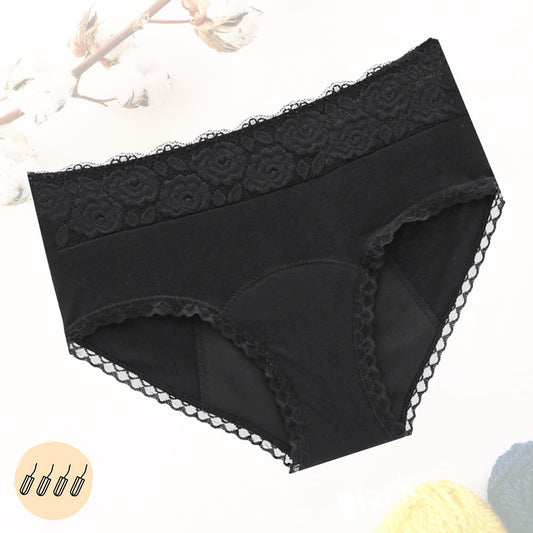
Cleaning the external genital area should be an integral part of intimate personal hygiene daily. However, improper or overly intensive care can do more harm than good, especially in the sensitive genital area. For this reason, women should keep in mind a few basic points when it comes to intimate hygiene.
How Does Vaginal Flora Work?
A healthy vagina is densely populated with bacteria, mainly lactic acid bacteria. That vaginal flora nature plays an important role in defending against harmful bacteria and fungi. An important aspect of this natural defense is the acidic environment of the vagina, which is maintained by lactic acid bacteria.
The vaginal environment normally has a pH below 4,5 and is therefore more acidic than the environment of normal skin with a pH around 5,5. This acidic environment can be affected by the use of soaps and shower gels, which is why such products should not be used when cleaning external genitalia. Bubble baths can also have a negative effect on vaginal pH and thus promote infections.
How to Ensure Good Intimate Hygiene?

-
Wash Yourself Properly
Some people like to overdo it, especially when cleaning the intimate area. In the vast majority of cases, clear water is sufficient for good cleaning. If you want to use products for your intimate hygiene, choose those that are specifically matched to the pH of your vagina. The intimate hygiene products containing lactic acid make sense because they can support the health of your genital area. But make sure they don't contain any perfume or soap as this unnecessarily irritates your mucous membrane.
-
Do Not Use Soaps Or Vaginal Hygiene Products
Whether you want to use special products for intimate hygiene, it's up to you but only wash the outside, not the inside! Your vulva (labia minora and labia majora) will appreciate being gently washed, but your vagina will not, particularly because of the fragrances contained in hygiene products. Indeed, it could damage your vaginal flora and favor the appearance of infections. If you use soaps or products that you would normally use on the rest of your body or wash too much, you can cause or worsen problems like vaginal dryness, excessive odor or increase recurring infections by disrupting pH balance your vagina and intimate area. Your vagina is self-cleaning and cleans itself naturally with an internal lubricant. Therefore, it is best to wash simply every day, with lukewarm water and mild, unscented products.
-
Change Your Periodic Protections Regularly
During your period, it is important to frequently change your periodic protections such as tampons, sanitary napkins or panty liners. The lack of breathability of these products can provide optimal conditions for the growth of bacteria. the menstrual blood, when released by the body, attracts various organisms which multiply in the heat of the blood and cause irritation, rashes or urinary tract infections. Changing sanitary napkins or tampons regularly stops the growth of these organisms and prevents infections. Leaving a tampon too long can, for example, expose a risk of toxic shock syndrome.
-
Choosing Period Panties
 La Period Panties is a way to external hygienic protection ultra comfortable, breathable and very discreet. Absorbent technology, directly integrated into the period panties, allows you to live your period serenely without risk of leaks while maintaining good personal hygiene. In addition, the period panties exponentially reduce the environmental nuisance caused by sanitary napkins or plastic tampons. These different layers of fabric guarantee protection against leaks, odors and humidity. They are also washable and reusable which allows them to be used for years.
La Period Panties is a way to external hygienic protection ultra comfortable, breathable and very discreet. Absorbent technology, directly integrated into the period panties, allows you to live your period serenely without risk of leaks while maintaining good personal hygiene. In addition, the period panties exponentially reduce the environmental nuisance caused by sanitary napkins or plastic tampons. These different layers of fabric guarantee protection against leaks, odors and humidity. They are also washable and reusable which allows them to be used for years.
-
Good Toilet Hygiene
To avoid the migration of intestinal germs towards the vagina and limit the risk of cystitis, it is very important to wipe with a soft, fragrance-free toilet paper from front to back. Indeed, the stools contain microbes and intestinal bacteria which could migrate into your vagina which could cause infections.
-
Intimate hygiene and sexual intercourse
After a sexual intercourse, bacteria can enter the vagina and cause irritation or infection. The fact to urinate after intercourse will help eliminate any bacteria that may have spread into your urethra (which is above the entrance to the vagina) to prevent cystitis from developing.
How To Keep Your Vagina Clean During Period
Un daily cleaning external genitalia with warm water is enough. If you do not feel clean enough, you can also use neutral pH soaps without additional fragrances. Since the vaginal environment is naturally moist, the genital area should be kept dry and particular attention should be paid to the use of breathable underwear as is particularly the case with the use of menstrual shorty or Period Panties Thong made from cotton.
The use of additional products should be avoided, especially during menstruation, since at this time the body is even more susceptible to viruses and bacteria.




